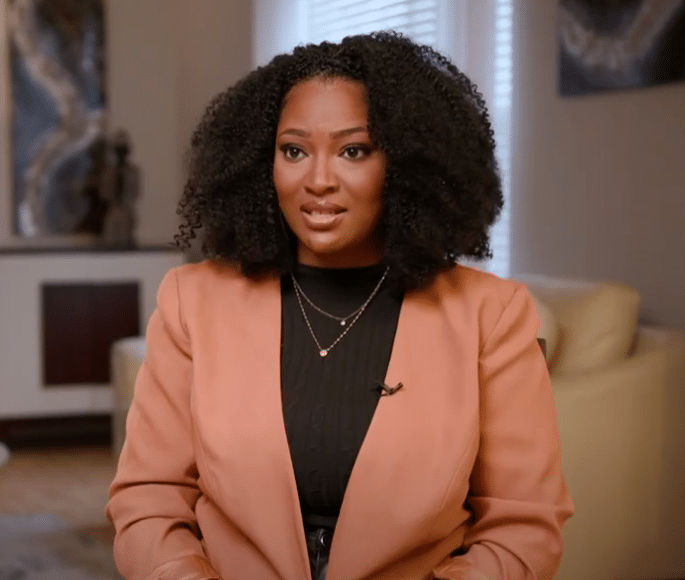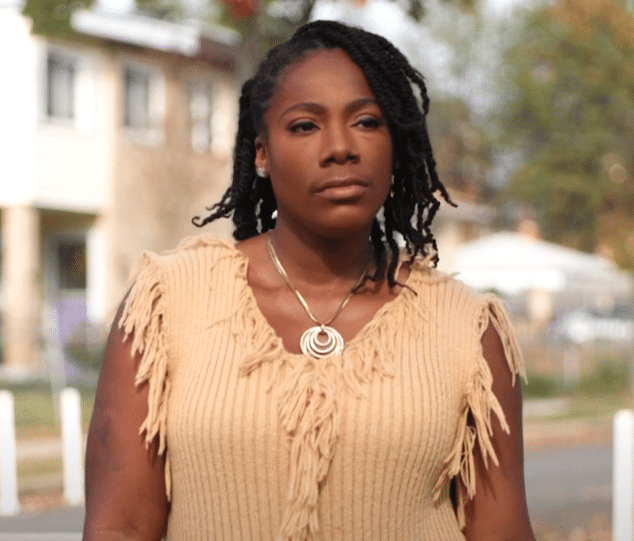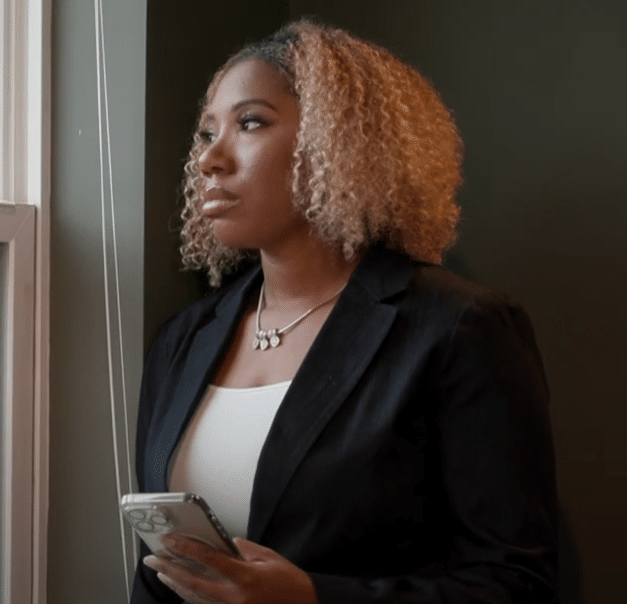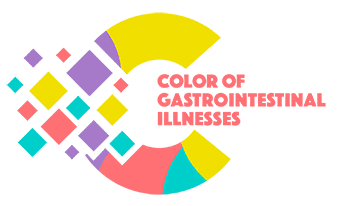
Welcome to A Real Picture of Health, a year long campaign focused on amplifying the voices of patients affected by access or a lack of access to healthcare. Their stories and experiences not only help us advocate for impactful policy change, they also bring awareness to what patient advocacy looks like day to day.

Non-Medical Switching

Tionna Forchion
Tionna’s story touches on the trial and error of finding a medication that could stabilize her Crohn’s disease. Once she found a medication that worked, she had to stop the medication because her insurance would no longer cover the cost. This challenge made her feel like, “money mattered more than her life”.

Medical Nutrition Equity Act
LaTesha Harrison-Thompson
Latesha Harrison speaks about being diagnosed with Crohn’s disease at 5 years old and her challenges with maintaining adequate nutrition due to insurance parameters.


Co-Pay Accumulator

Joshua Denton
Joshua Denton’s journey focuses on navigating the cost of medicine to manage his Ulcerative Colitis. Between high deductibles and the cost of medication, there were times he had to find creative ways to stretch his doses — and even missed doses until he had access to pay for his medication.

Restroom Access Act
Dominique Daniels
Dominique Daniels shares her story about being an Ulcerative Colitis patient and her challenges with public restroom access. While The Restroom Access Act (also known as Ally’s Law or the Crohn’s & Colitis Fairness Act) was passed in 2005 by several states, many have not enforced compliance of the law. Other states still have not passed a law leaving patients like Dominique with limited safe spaces.


Advanced Therapies
Dominique Daniels
Dominique Daniels shares her story about being an Ulcerative Colitis patient and how advanced therapies have impacted her journey to remission. While many have had the opportunity to try medications like biologics and JAK inhibitors, there are still countless patients that have not had access, potentially delaying their ability to reduce symptoms.

Reynelda Solitaire
Reynelda’s experience with medications has been an up and down journey as a patient with Ulcerative Colitis. Currently on an advanced therapeutic drug, she has observed a decrease in symptoms and has ultimately achieved remission.
Through an open and trusted relationship with her provider, she gained the confidence to start this treatment after previous drugs stopped working — confirming that patient-centered care ultimately improves the lives of patients.



